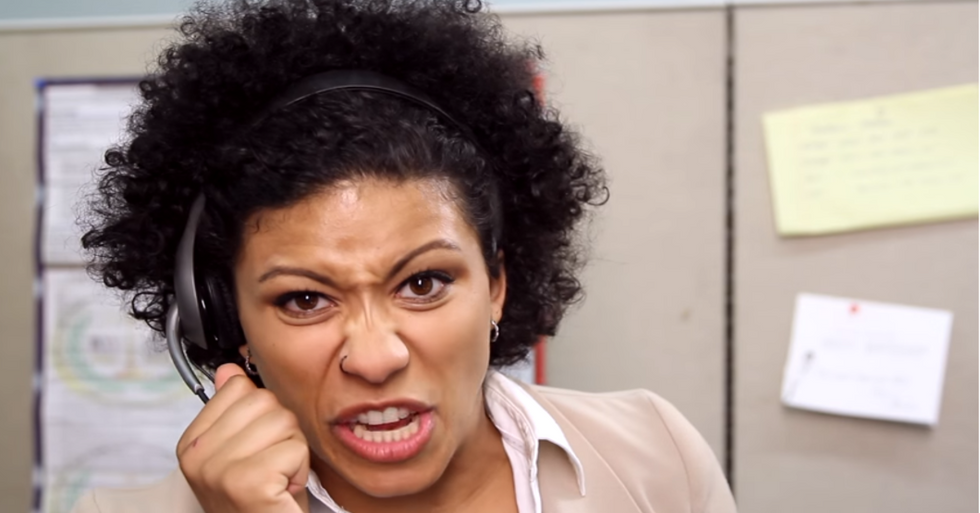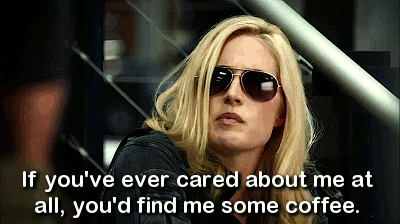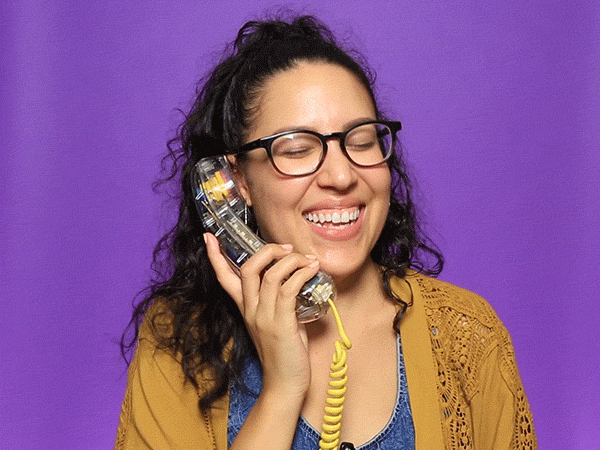Lazy. Self-absorbed. Entitled. Technology Obsessed.
If you ask around, these are the words older generations use to describe Generation Y, the Millennials. As a Millennial, I find these sweeping and misinformed generalizations to be deeply offensive. Many of these accusations are factually unfounded and give Millennials a bad reputation. While we may no longer reflect the values and behaviors of previous generations, we are a reflection of our own realities.
Millennials, the 92 million individuals born between 1980 and 2000, are the first generation that is bigger than the 72 million-Baby Boomer generation. With the oldest of the Millennials only in their mid-thirties, their adult lives are just taking off as they develop careers and begin to start their own families. This makes the still developing generation a powerful social, economic, and political force, which terrifies older generations. Fear over the loss of political majority leads many to misrepresent Millennials in an attempt to keep them voiceless.
However, as more Millennials come of age, we refuse to be kept voiceless. We might not follow the paths of those who have gone before us, but we are not the lazy, self-absorbed zombies that we are made out to be.
We are the most diverse generation in the U.S population.
According to data compiled by the White House Council of Economic Advisers, the racial and ethnic diversity of Millennials sets them apart from other generations. Since 1980, the share of individuals aged 15-34 that identify as non-Hispanic white has dropped by 20 percentage points, while the share reporting of other racial and ethnic identities has increased. The increased ethnic and racial diversity makes Millennials more tolerant as a whole. Millennials are also more accepting of individuals with various religious beliefs, sexual orientations, and socioeconomic statuses than previous generations.
Technological advances have critically impacted our lives.
Millennials are the first generation to have access to the Internet during their formative years, as well as to come of age during the technological boom of the 2000's. Unlike previous generations, Millennials have had unparalleled access to computational power and information since grade school, which has deeply influenced the way we interact with the world.
Older generations call it being tech-obsessed, but as our technology continues to rapidly advance, our generation strives to keep up with it. Technological advances fuel the world we live in with major breakthroughs coming every year. The entrepreneurial and creative spirit of Millennials powers these advances in technology and keeps everyone moving forward. To ignore or abandon technological advances would be to turn away from progress.
Our access to the Internet and social media has also influenced the way Millennials connect with people. Sharing our thoughts and day-to-day activities with the touch of a button has become the norm. While people do go overboard, this ease of communication and dissemination of information is used to create a world of interconnectedness. We can connect with distant friends and family, engage in discussions in public forums, promote our businesses, and the list goes on.
We are seeking higher education in larger numbers than ever before.
More Millennials have a college degree than any generation of young adults in the United States. Growing up, we were told by our parents that in order to have a worthwhile future with job and financial security, we needed to attend college. Post-secondary education makes us more valuable as we enter the workforce; so more individuals are attending than ever before.
However, with more individuals receiving degrees and entering the workforce, educational requirements for high-paying positions are increasing as well. Now, at a young age, we are forced to become incredibly academically competitive to get ahead. Older generations claim that Millennials are lazy and uneducated, but the truth is, we are part of a much more competitive system of education. Standards are constantly being raised and students are struggling to keep up and get ahead. Fifty years ago, it was much easier for students to be accepted into colleges and universities than it is for Millennials, yet we persist.
Student loan debt has surpassed $1 trillion, as there is greater enrollment by Millennials from all socioeconomic backgrounds. The cost of tuition has increased and financial aid has decreased. With more degree-holding individuals entering the workforce, it becomes harder to find jobs after graduation, which delays repayment of student loans. Student loan debt is on the mind of every graduate as they plan for the future, which impacts the careers they pursue and when they choose to start families of their own.
We deeply value family and community.
Yes, Millennials are waiting much longer to get married and have children than previous generations. Yes, we are waiting longer to buy homes and purchase family cars. No, these things have not become less important to us. In fact, trends suggest that Millennials are more committed to family and community involvement than past generations.
The White House Council of Economic Advisers found that high school seniors today are more likely to say that making a positive contribution to society is important to them and they want to become community leaders. Millennials are increasingly involved with volunteer work, nonprofit organizations, and nongovernmental organizations. These organizations are thriving because of the involvement of Millennials. Our predecessors call us self-absorbed and entitled, but we are the generation that is most interested in volunteering our time to help others and make positive societal change.
While we are waiting longer to get married, buy homes, and have children, this is not because they matter less. As more individuals seek higher education, they push back when they choose to start families. Many are in long-term relationships, but prefer to seek career and financial stability before making a family commitment. Since the first of the Millennials came of age during a period of severe economic downturn, they are hesitant to make big purchases without financial security. Our desire to wait longer for these commitments shows maturity and a strong desire to have the type of prosperity that creates a better life for our future children before we have them.
Millennial Optimism
We are a product of the generations that came before us. Millennials came of age during a period of severe economic downturn and political uncertainty. We watched our parents struggle and lived with the strain of current events. We have lived through more tragedies and natural disasters in our 15 to 30 years of existence than many have experienced in a lifetime. Millennials are constantly being referred to as “lazy" and “entitled," but we are working against factors that our predecessors never had to face. We are coming of age and inheriting the economic and political mess created by those that came before us.
Yet, in the face of these difficulties, we remain optimistic about our futures and the worthiness of humanity. We are connecting with each other, getting involved in our communities, and pursuing higher education in higher numbers than ever before. Millennials are quickly becoming the most outspoken and involved generation, and while that might scare older generations, we have a voice and we are going to use it.
For more information about Millennials according to research compiled by the White House Council of Economic Advisers, click here.















































